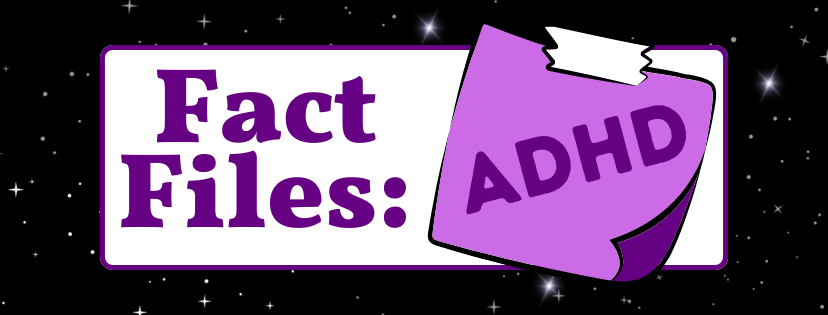What is… ADHD?
Attention Deficit Hyperactivity Disorder – ADHD – is a cognitive, developmental impairment that effects the executive functioning of the brain, which causes difficulties in an individual’s concentration, impulses and organisation.
There are three types of ADHD:
– Inattentive (formerly ADD)
– Hyperactive-Impulsive
– Combined
There are many misconceptions surrounding ADHD. While this is a mental health blog, ADHD is not a mental illness, nor is it a behavioural disorder. However, it has known co-morbidities with depression, anxiety, and sometimes addictions.
Symptoms and Signs
Some possible symptoms of Inattentive ADHD are:
– Lack of attention to detail (e.g. spelling mistakes or other small errors)
– Difficulties focusing on a task (e.g. not being able to concentrate when working)
– Appearing forgetful (e.g. missing appointments or meetings, or frequently losing keys)
– Struggling to complete tasks that feel time consuming or tedious (e.g. doing the dishes, or folding laundry)
– Inabilities to fulfil instructions, either through starting new tasks or misunderstanding the instruction
Some possible symptoms of Hyperactive-Impulsive ADHD are:
– Poor impulse control (e.g. spending habits, or binge eating)
– Feelings of restlessness or edginess
– Constant fidgeting (e.g. leg bouncing, pen clicking, or finger drumming)
– Interrupting people in conversation (although, some people with ADHD say this is due to not wanting to forget the point they’d like to make)
– Appearing to have little-to-no fear (e.g. the first to volunteer for rollercoasters, or other thrill-seeking activities)
People with the combined type may experience symptoms relating to both Inattentive and Hyperactive-Impulsive ADHD
Causes
While there is significant evidence that ADHD is hereditary, there is still research into whether there are any genes that specifically cause it. There is also a speculated link between ADHD and low levels of dopamine, but this is also still being researched.
One study conducted by Duke University in the USA suggested a link with “dysfunctional dopamine transmission”. This hinted at a possibility that people with ADHD don’t receive dopamine correctly. They found a link to increased numbers of dopamine transporters, which resulted in lowered dopamine levels. However, this does not necessarily mean that people with more dopamine transporters will have ADHD, or vice versa.
References
- https://www.additudemag.com/what-is-adhd-symptoms-causes-treatments/
- https://www.nhs.uk/conditions/attention-deficit-hyperactivity-disorder-adhd/symptoms/
- https://www.verywellmind.com/the-relationship-between-dopamine-and-adhd-5267960
- https://www.sciencedirect.com/science/article/abs/pii/S0278584614000311


